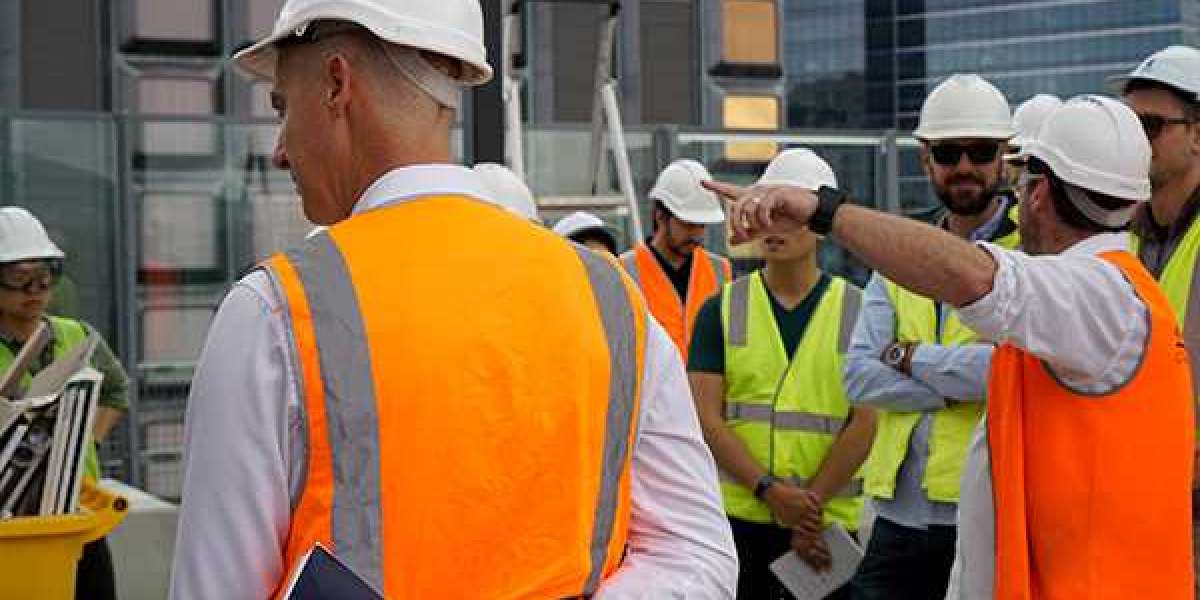The construction industry is experiencing a dynamic transformation, driven by technological advancements, sustainable practices, and an increasing demand for infrastructure. As cities expand and economies grow, new construction jobs are emerging, offering a range of opportunities for both seasoned professionals and newcomers to the field. This article explores the latest trends in new construction jobs, the skills required, and the future outlook of this vital sector.
The Boom in New Construction
The construction industry is witnessing a resurgence, particularly in residential, commercial, and infrastructure projects. With government initiatives aimed at boosting economic recovery and sustainable development, many regions are investing heavily in new construction. Key factors contributing to this boom include:
Population Growth: Rapid urbanization and a growing population necessitate the construction of more housing, schools, hospitals, and public facilities.
Infrastructure Upgrades: Aging infrastructure across many countries requires extensive renovation and rebuilding efforts, creating numerous job opportunities.
Green Construction: There is a significant shift towards sustainable building practices. The demand for eco-friendly materials and energy-efficient designs is driving the need for skilled workers familiar with green technologies.
Types of New Construction Jobs
The new construction landscape offers diverse job roles, including:
Project Managers: Responsible for overseeing construction projects from inception to completion, ensuring they are completed on time and within budget.
Site Supervisors: Manage daily operations on construction sites, coordinating activities among various teams and ensuring safety protocols are followed.
Skilled Tradespeople: Carpenters, electricians, plumbers, and masons are crucial for executing various aspects of construction. These roles often require specialized training and apprenticeships.
Architects and Engineers: Design and plan buildings and infrastructure, combining aesthetics with functionality and safety.
Construction Laborers: Perform essential manual tasks on site, from digging foundations to assisting skilled tradespeople.
Skills Required for New Construction Jobs
As the industry evolves, the skill set required for construction jobs is also changing. Here are some key skills that are increasingly important:
Technical Skills: Proficiency in using advanced construction technologies such as Building Information Modeling (BIM) and project management software.
Sustainability Knowledge: Understanding eco-friendly materials and sustainable construction practices is becoming essential.
Problem-Solving Abilities: The ability to address challenges quickly and effectively is crucial in a fast-paced construction environment.
Communication Skills: Clear communication among team members, clients, and stakeholders ensures projects run smoothly.
Future Outlook
The future of new construction jobs appears bright. According to the U.S. Bureau of Labor Statistics, employment in the construction industry is projected to grow significantly over the next decade, outpacing many other sectors. This growth is attributed to ongoing investments in infrastructure and a continued focus on sustainable practices.
Moreover, technological advancements such as automation, drones, and 3D printing are poised to change how construction jobs are performed, potentially increasing efficiency and creating new roles focused on these technologies.
Conclusion
As new construction projects continue to rise, the demand for skilled workers in this field is greater than ever. Whether you are a seasoned professional or considering a career change, the construction industry offers numerous opportunities for growth and development. By staying informed about industry trends and honing relevant skills, individuals can position themselves for a successful career in this dynamic sector.








